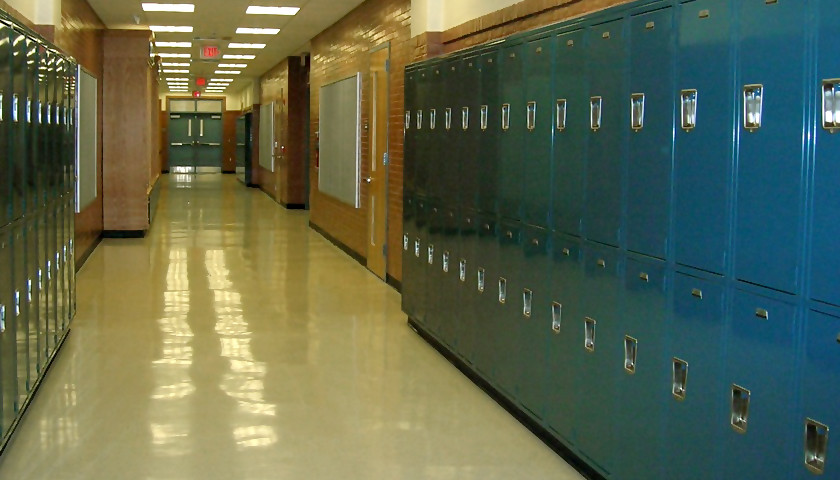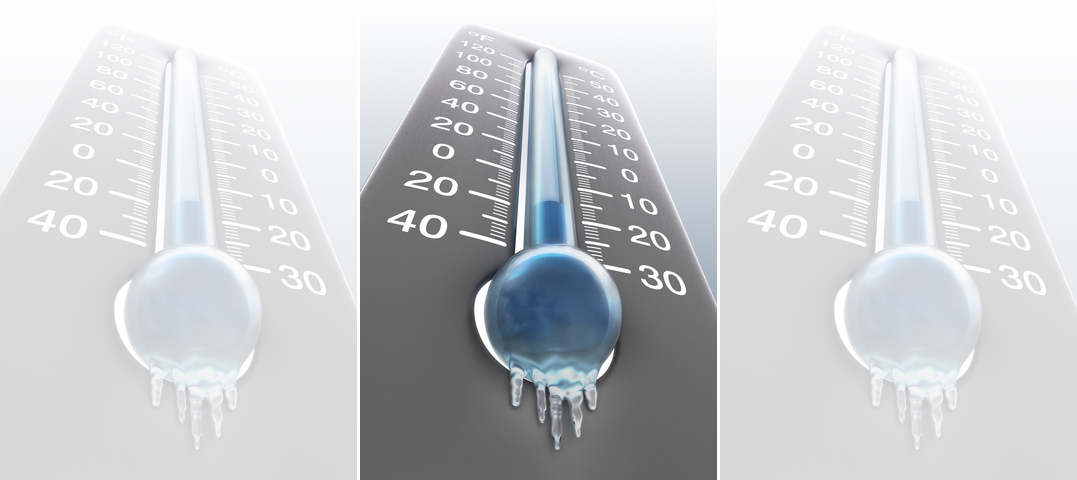Hearing from our Kids
Minnesota Student Survey Results for 2019
“Small” Changes Carry Real Warnings
Since 1989, the Minnesota Student Survey (MSS) has been administered every three years to students across Minnesota. All types of school districts are invited to participate, including regular public-school districts, charter schools, tribal schools, nonpublic schools, alternative learning centers and juvenile correctional facilities. From 1989 through 2010, students in grades six, nine and 12 participated in the survey. In 2013, the grade levels changed to grades five, eight, nine and eleven. The 2019 MSS involved more than 170,000 students from 81% of the state’s school districts.
The MSS focuses on the health and well-being of Minnesota’s students; it asks about their activities, opinions, behaviors and experiences. Students respond to questions on school climate, bullying, out-of-school activities, health and nutrition, emotional and mental health, relationships, substance use and more. Questions about sexual behaviors are asked only of ninth and grade 11 students. All responses are anonymous.
The 2019 results show that fewer students feel engaged in school, believe their school provides a supportive place for learning, report good health, or feel safe. The new data also shows more Minnesota students than ever report having long-term mental health, behavioral or emotional problems. This number is up from 18 percent of students surveyed in 2016 to 23 percent in 2019. The percentage of eleventh-grade female students who report having long-term mental health, behavioral or emotional problems has more than doubledfrom 2013 to 2019. In the 2019 survey, of the 11th-grade female students who reported missing a full or partial day of school in the last 30 days, 24 percent reported that they missed school because they felt very sad, hopeless, anxious, stressed or angry.
Minnesota Education Commissioner Mary Cathryn Ricker commented, “The results of the Minnesota Student Survey show a number of concerning pieces of data, including student vaping and declines in mental health. No matter what is happening in students’ lives outside of school, we must make sure that they feel supported, safe, and welcomed when they’re in the classroom so they can succeed academically. My fellow commissioners (in Health and Human Services Departments) and I will be working with our school communities so we can better meet the needs of all of our students.”
Notable Data
- Students reporting excellent or very good health dropped from 69 to 65%. But smoking rates have fallen, as well as alcohol and marijuana use and sexual activity. Yet higher rates of long-term mental health, or emotional problems are noted.
- A 54 percent increase in vaping from the 2016 survey was reported.
- Female students were nearly twice as likely as male students in all grades to report mental health, emotional or behavioral problems.
- Reports of suicide ideation increased for all grade levels in the last six years.
- 87% of students say they feel safe at home, at school, in their neighborhood and going to and from school. This number is down from 90 percent in 2016.
- 73% of students feel highly engaged in school, compared to 78% in 2016.
- 71% believe their school provides a supportive place for learning, down from 75%.
The MSS has played a role in action at the state level. Governor Walz’s ’s Children’s Cabinet has built a cross-agency action team — comprised of eight agencies, including health, education, human services and corrections—focused on state strategies to improve the mental health and well-being of students in Minnesota. More Minnesota children and youth will have access to school-linked mental health services, which will improve access to treatment, engagement in treatment, and care coordination. School-linked services are often the first to identify children with serious mental health needs, and provide many students of color their first access to mental health services.
To explore the complete 2019 MSS Report and data see education.mn.gov/MDE/index.html.




